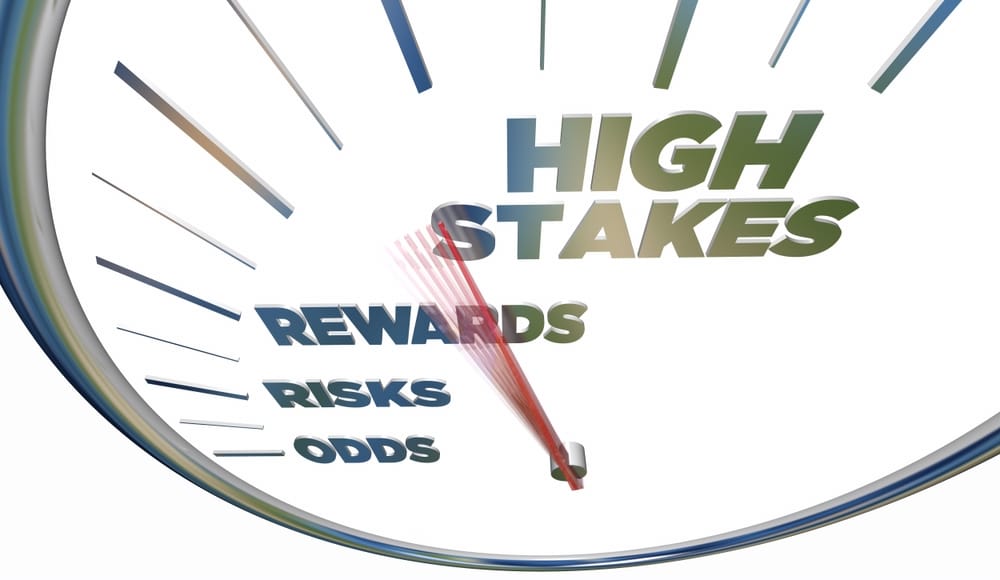
CBA?
Getting to grips with Social Return on Investment (SROI)
As a long-time member of the Social Value International community I spend most of my days talking to people about the sticky concept of ‘value’ and how we might capture, interrogate, evaluate and communicate ‘it.’ Value is definitely not a fixed or fixable concept and it can mean very different things to different people in different contexts. That means there are many different ways to evaluate, measure and manage it – and that gets confusing!
What you get, and what you don't
I’ve been a Social Return on Investment (SROI) practitioner for over a decade and have had another flurry of conversations recently about potential SROI evaluations. I’m a big believer in making sure people understand exactly what they will get and what they won’t get from any evaluation work I carry out - so sometimes my chats with folk can sound a bit like ‘1001 reasons you don’t want to do an SROI.’ In particular it’s really important that we’re all clear about the difference between SROI and Cost Benefit Analysis and I recently wrote this ‘tongue in cheek’ post on LinkedIn about that…
“SROI or CBA? Which kind of number is right for you?
I’m talking about Cost Benefit Analysis right? Well not just yet. When my daughter writes ‘CBA’ in a text she means ‘can’t be arsed.’ So if you’re thinking about evaluation my question for you is - SROI or ‘can’t be arsed?’ This is the big question I ask potential clients early in our conversations (although I don’t really use this language…mostly!) A few things to keep in mind if you’re exploring SROI for you and your organisation are…
- SROI starts, ends (and middles) with us awkward humans. We’re hard to herd into interviews and focus groups, we don’t want to fill out surveys and we don’t express change in a neat and orderly manner. We’re terrible at caring about funding deadlines. Overall we’re hard work. But as L’Oreal tells us - we’re worth it (and you simply cannot produce a meaningful SROI without talking to people.)
- Decimal points and false precision. We’re talking about people and wellbeing. There are no square edges, perfect 90 degree angles or exact measurements. Be prepared to embrace at least fifty shades of grey.
- Value not money. We use money in SROI as a unit of quantification and a way of expressing what matters to our stakeholders. We’re exploring wellbeing and what people value about changes to their wellbeing.
We’re not printing money that you can hand back to a funder or commissioner. (Ask your friendly local SVI practitioner if you’re not sure what all this really means - too many people are being mis sold in this space. That drags us all down and makes me particularly grumpy.)”
SROI isn’t perfect and we’re still evolving the practice as we respond to what we’re learning as well as to the constantly changing environments and priorities of the communities we serve.
You can also reach out to www.socialvalueinternational.org or go directly to your national network in NZ www.socialvalueaotearoa.nz.


